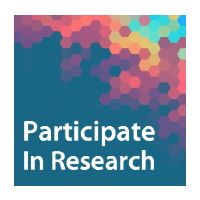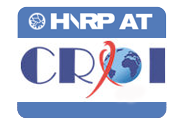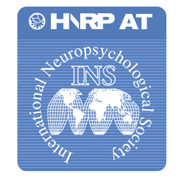CHARTER Investigator Invited to Present at National Cancer Institute’s Workshop on Chemotherapy-Induced Peripheral Neuropathy
3rd Methods in International NeuroAIDS Research Symposium on July 14-16, 2011 in Frascati, Italy
The HIV Neurobehavioral Research Program (UCSD), in collaboration with Johns Hopkins University, was pleased to convene the 3rd Methods in International NeuroAIDS Research Symposium on July 14-16, 2011 in Frascati, Italy. This meeting was linked with the 4th International Meeting on HIV Infection and the Central Nervous System (see attached), and preceded the International AIDS Society (IAS) conference in Rome.
Speaking Out to Support HIV+ Women

Speaking Out to Support HIV+ Women
KFMB-TV CBS 8 - San Diego (March 10, 2011)
HNRP Outreach Representative Acintia Wright Robinson shared her story to help raise awareness on National Women and Girls HIV and AIDS Awareness Day and to help promote the Woman's Voice 2011 Conference.
Davey Smith, MD, MAS Receives HIV Medicine Association’s 2010 HIV Research Award
We congratulate Davey Smith, MD, MAS, HNRC coinvestigator and head of HNRC Neurovirology Core, assistant professor of medicine in the Division of Infectious Diseases and researcher at the Antiretroviral Research Center on being awarded this special honor. He is one of two recipients of the HIV Medicine Association’s 2010 HIV Research Award, recognizing up-and-coming HIVMA members who have made outstanding contributions to HIV medicine early in their careers. He received this award at the Infectious Diseases Society of America meeting in Vancouver on October.
Erica Weber Receives Award of Excellence from the Association of Test Publishers
Erica Weber, MA, will receive an award of excellence from the Association of Test Publishers at the 2010 American Psychological Association Annual Convention for her abstract “Survey of Memory-Related Quality of Life (SMRQoL): Evidence of reliability and validity”. The data presented provide preliminary evidence of reliability and validity of the SMRQoL. The research proved innovative by utilitzing self-report to assess the relationship between cognition and health-related Quality of Life (QoL).






